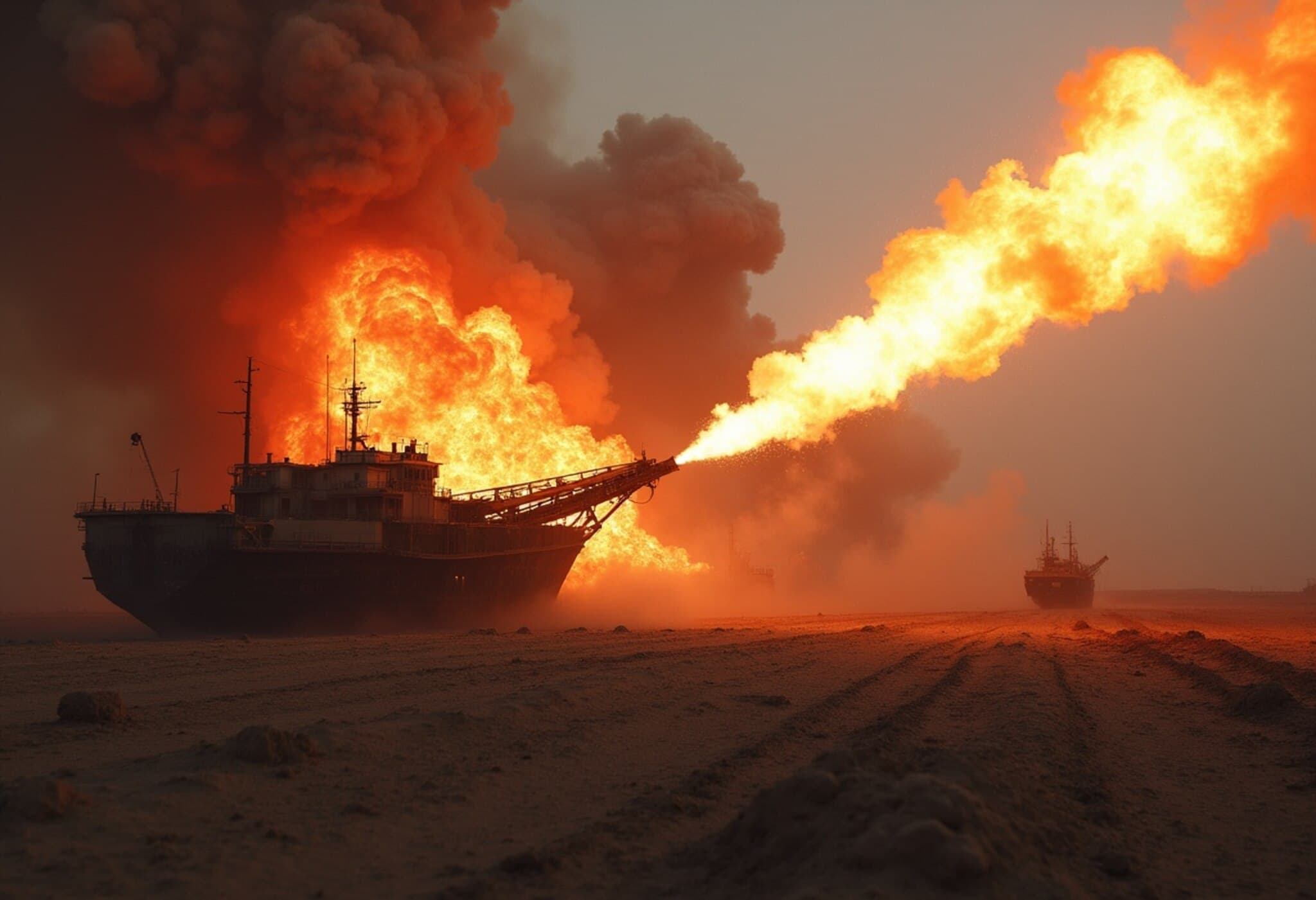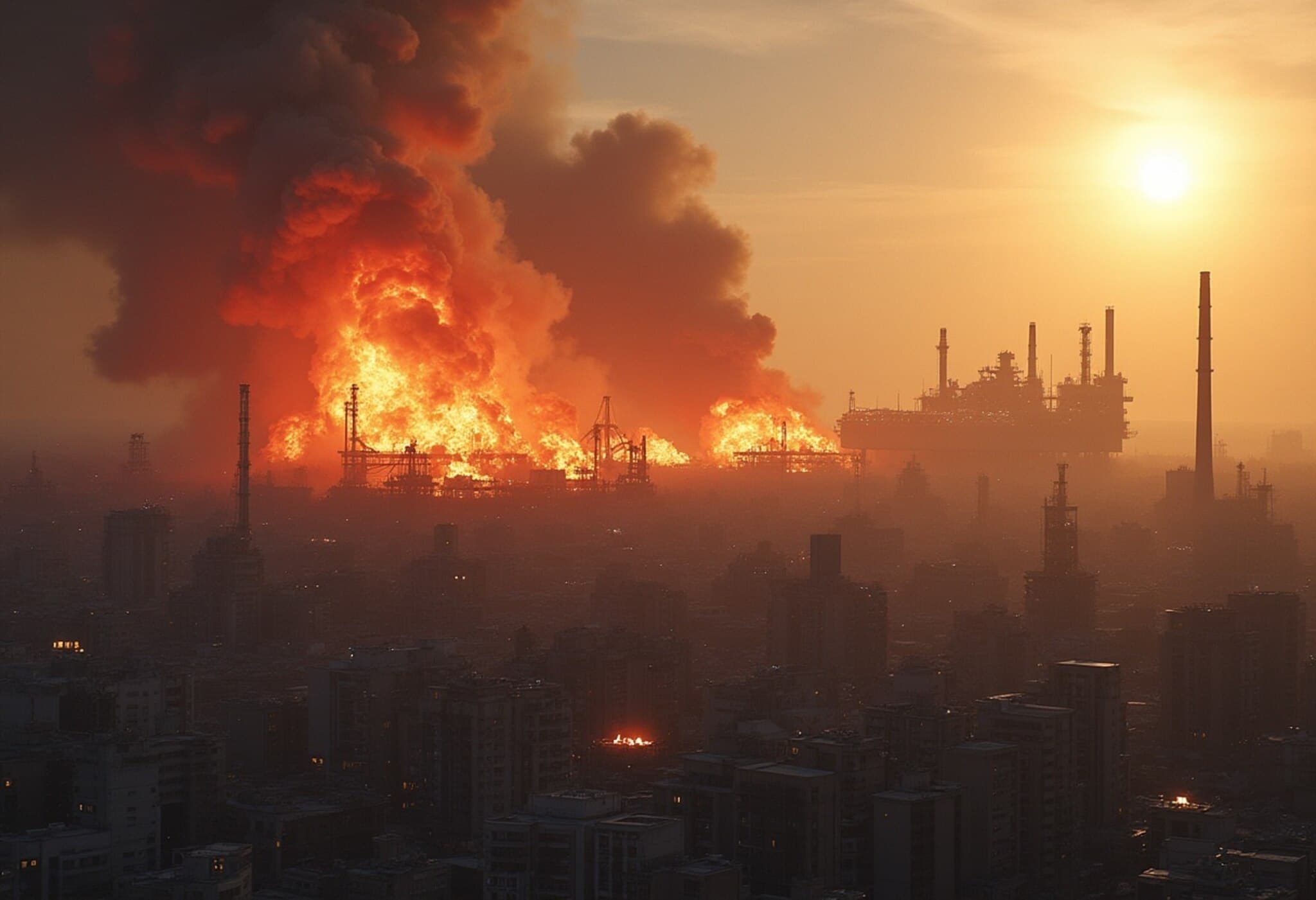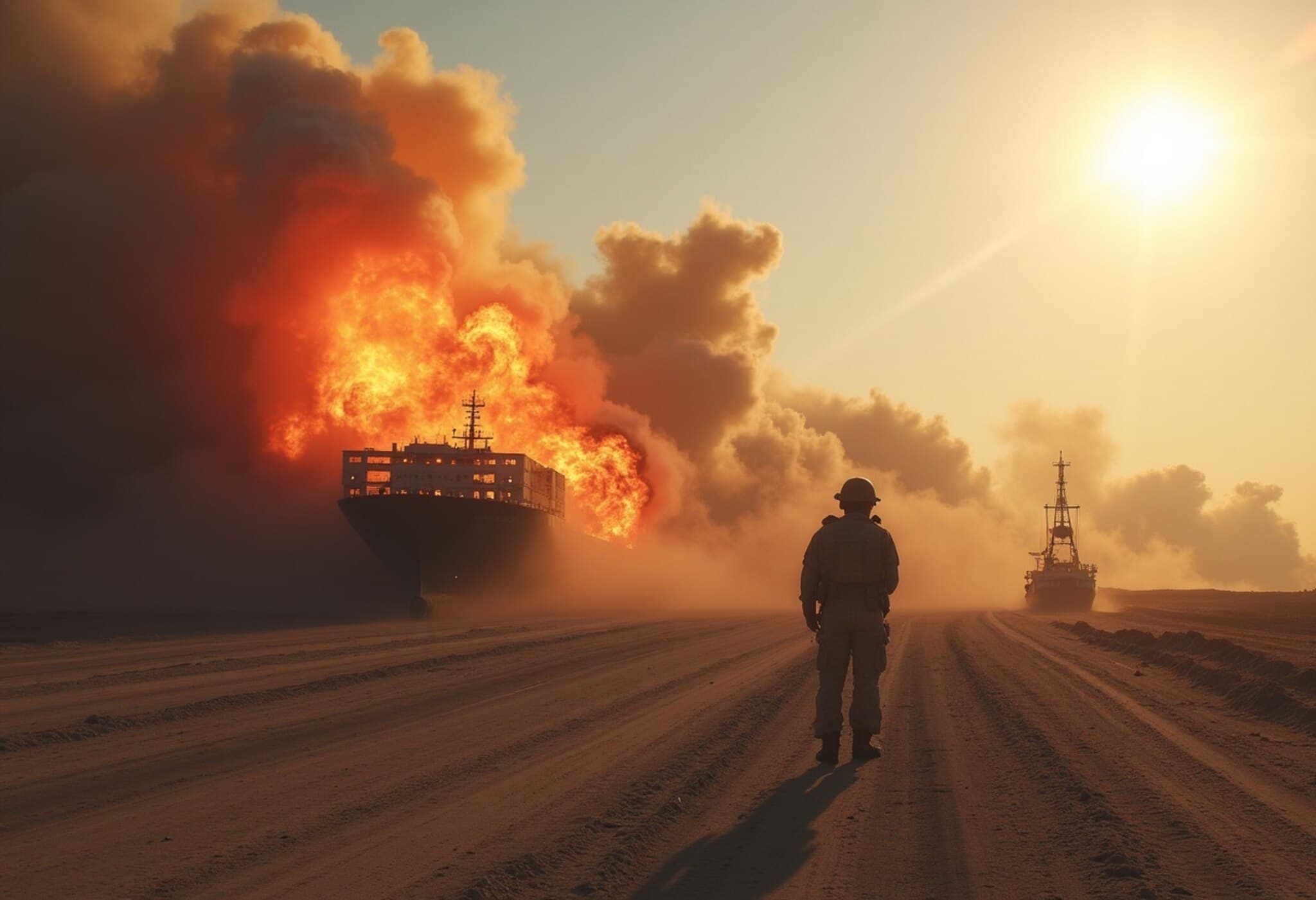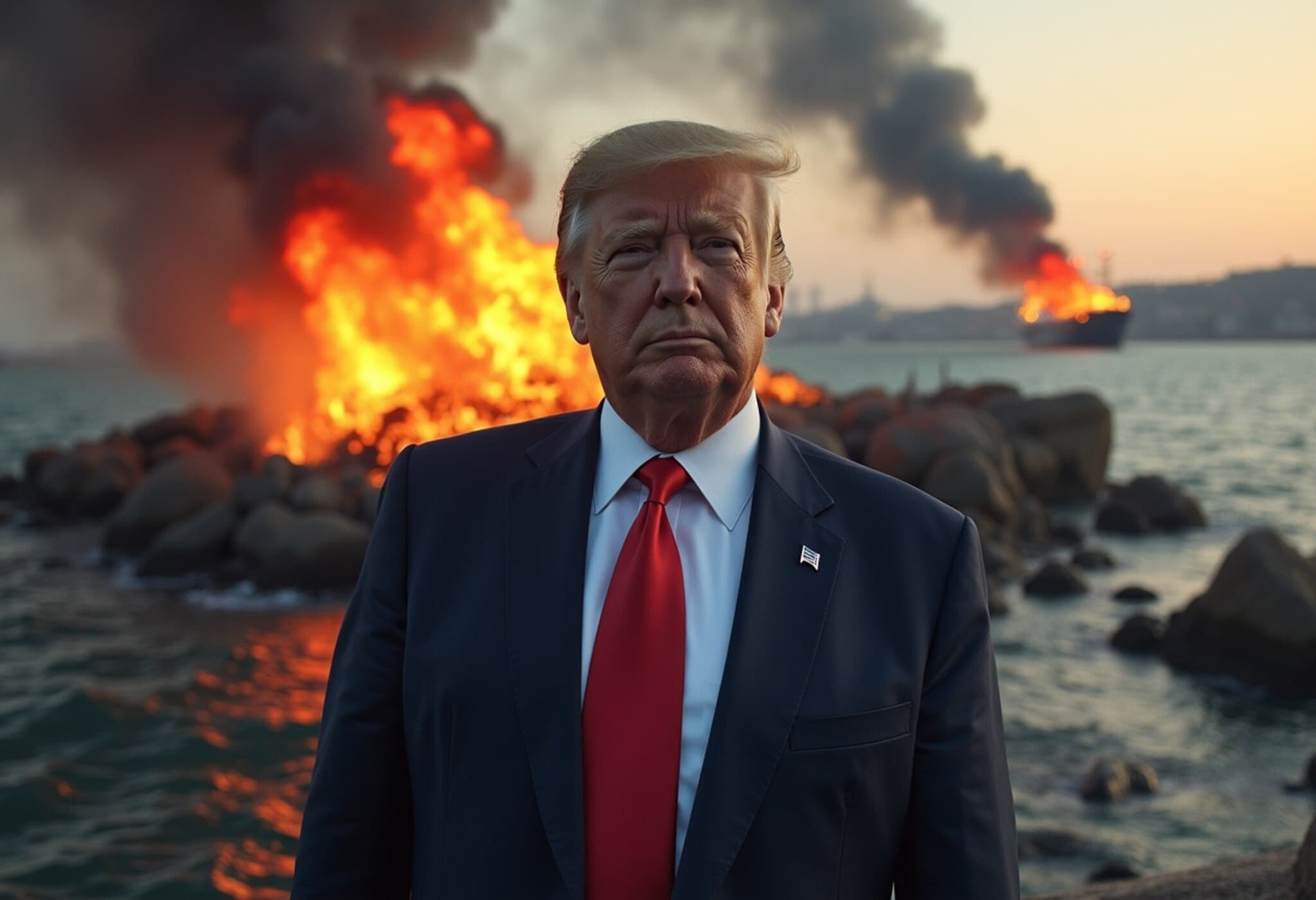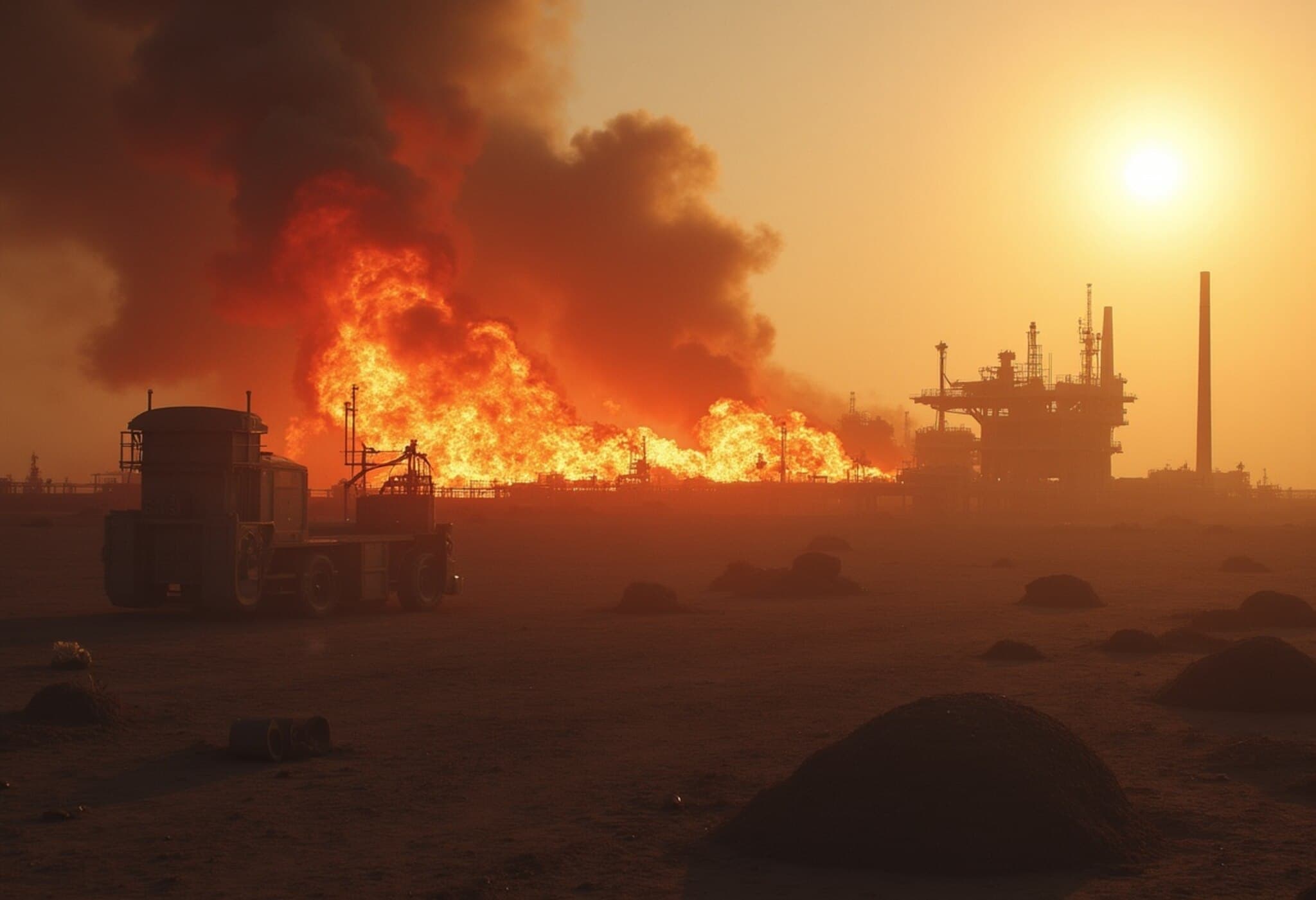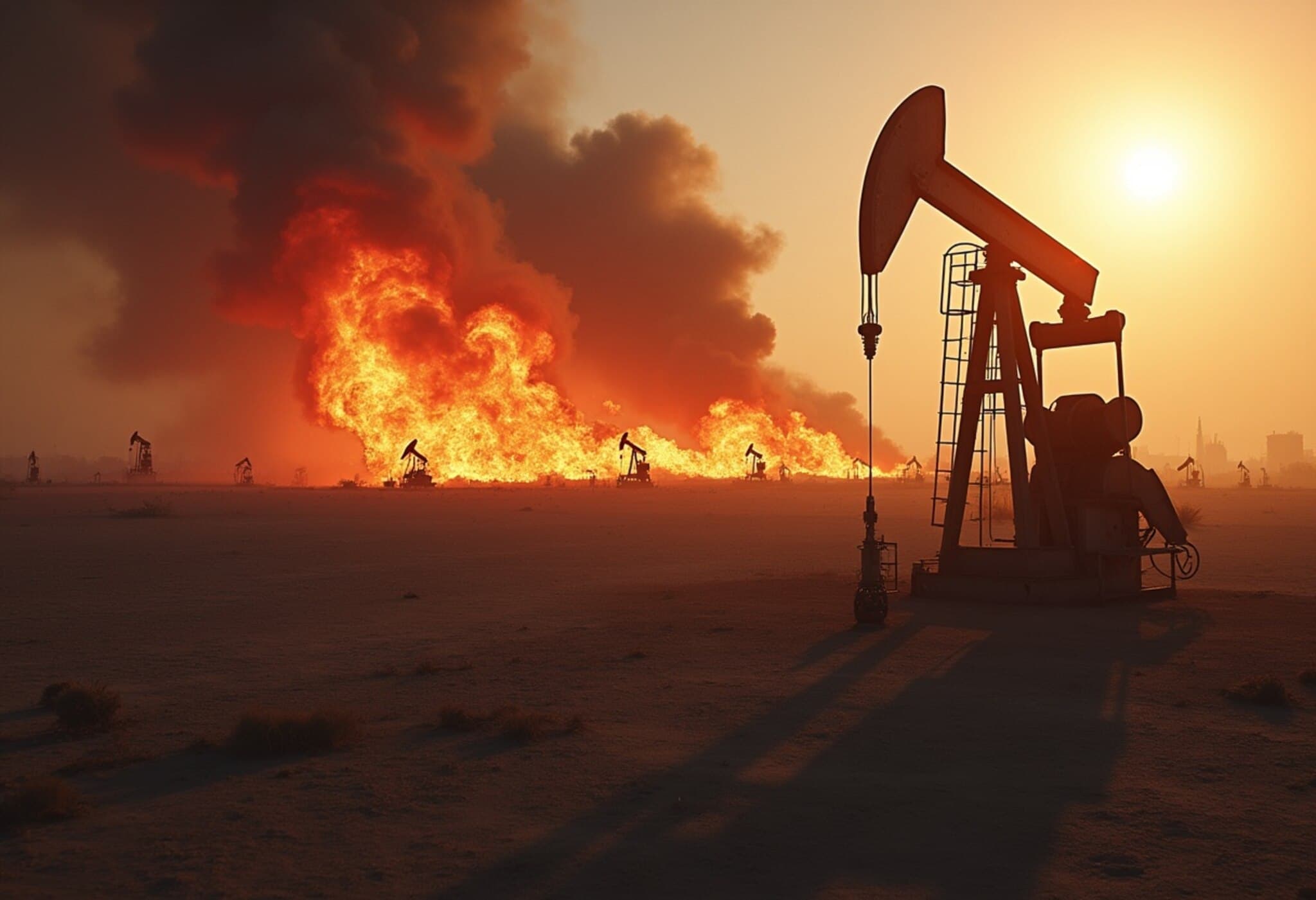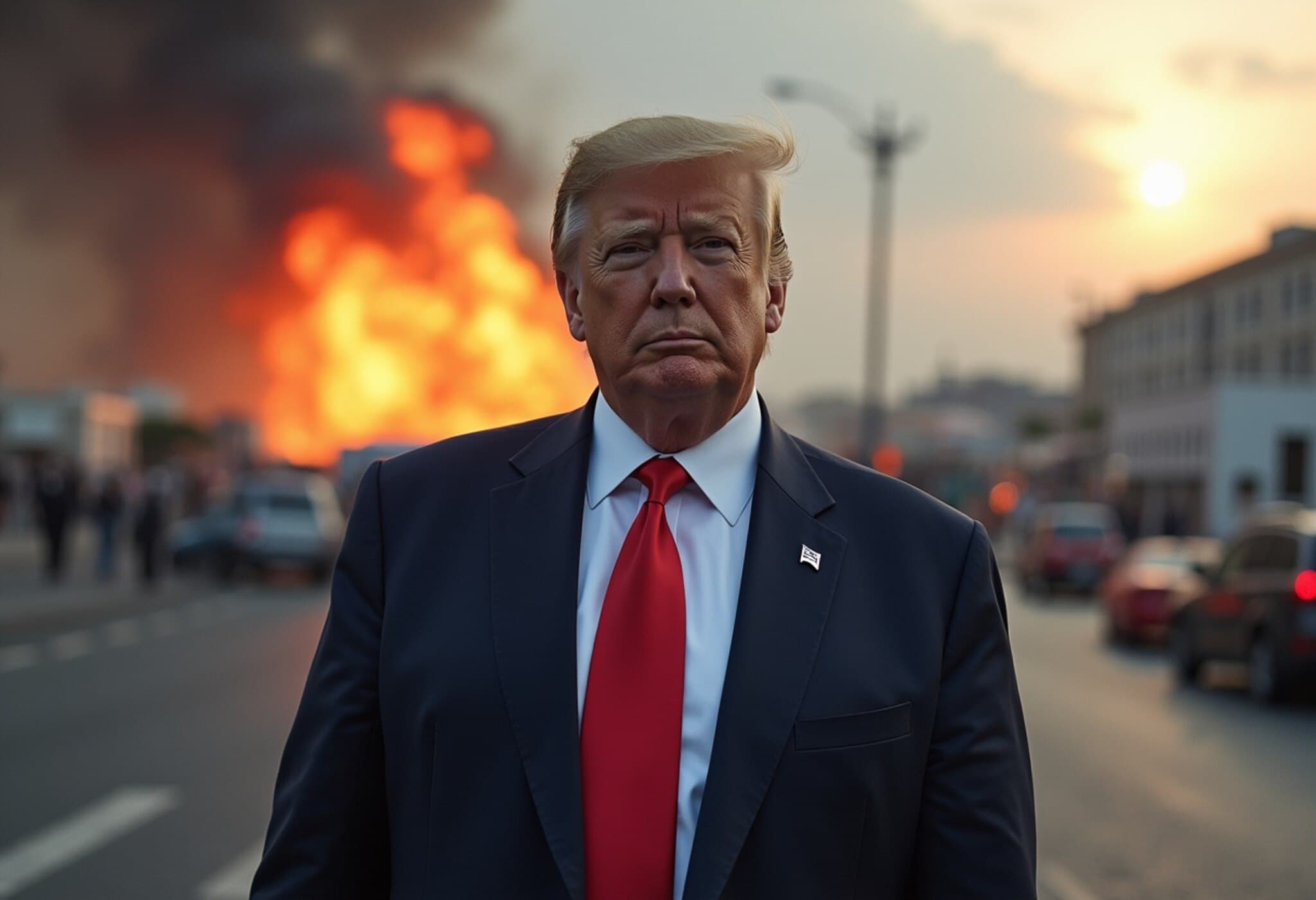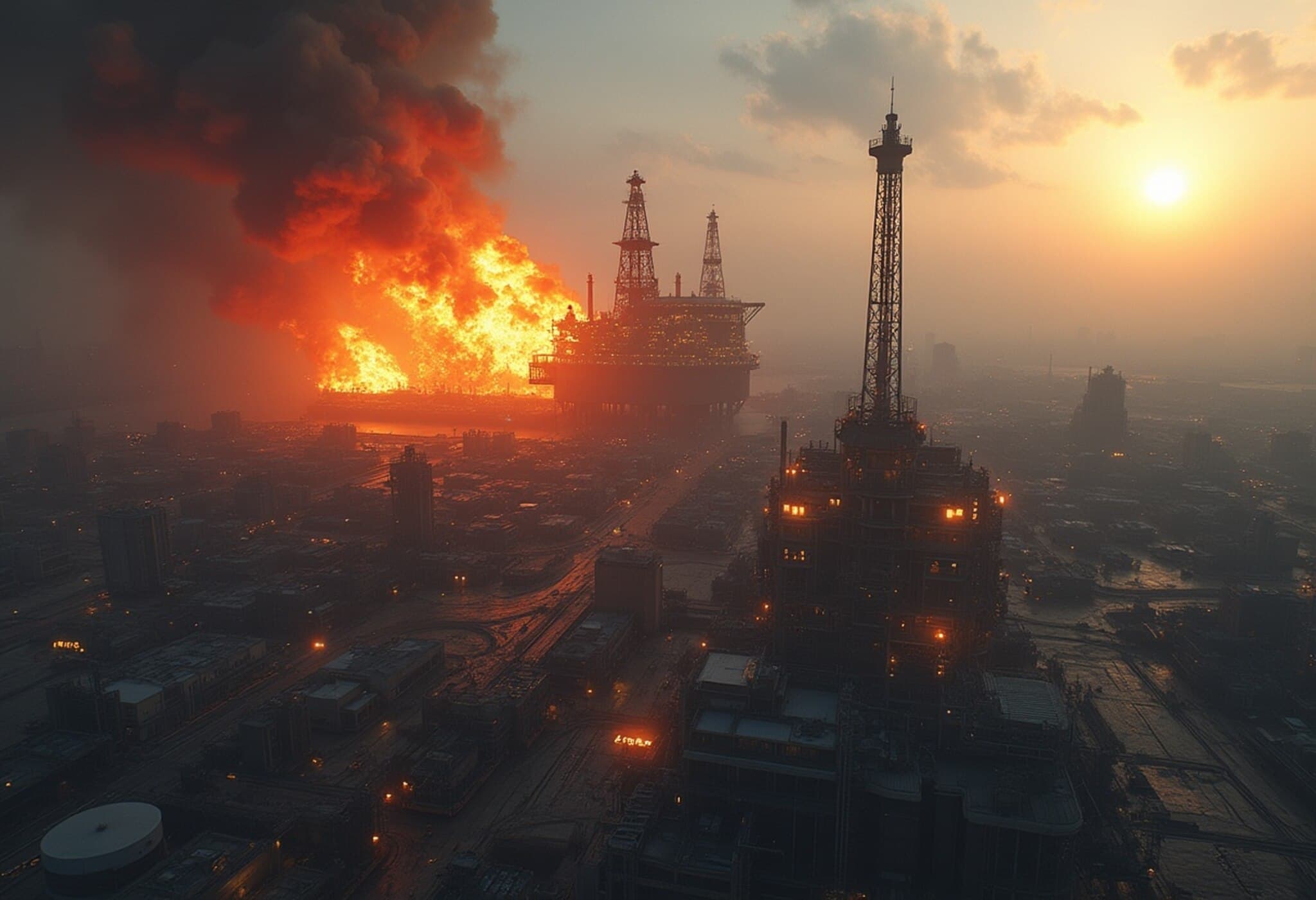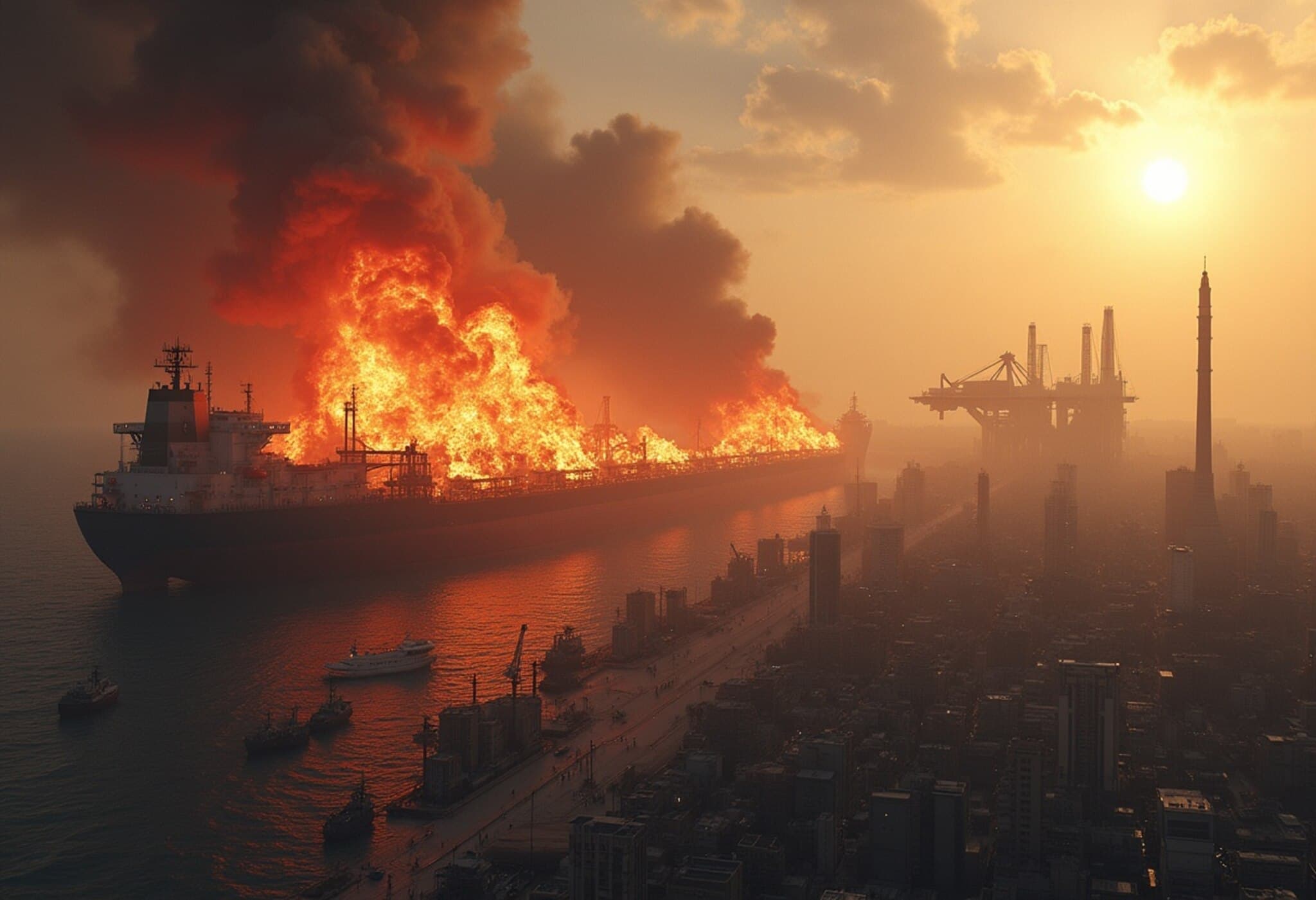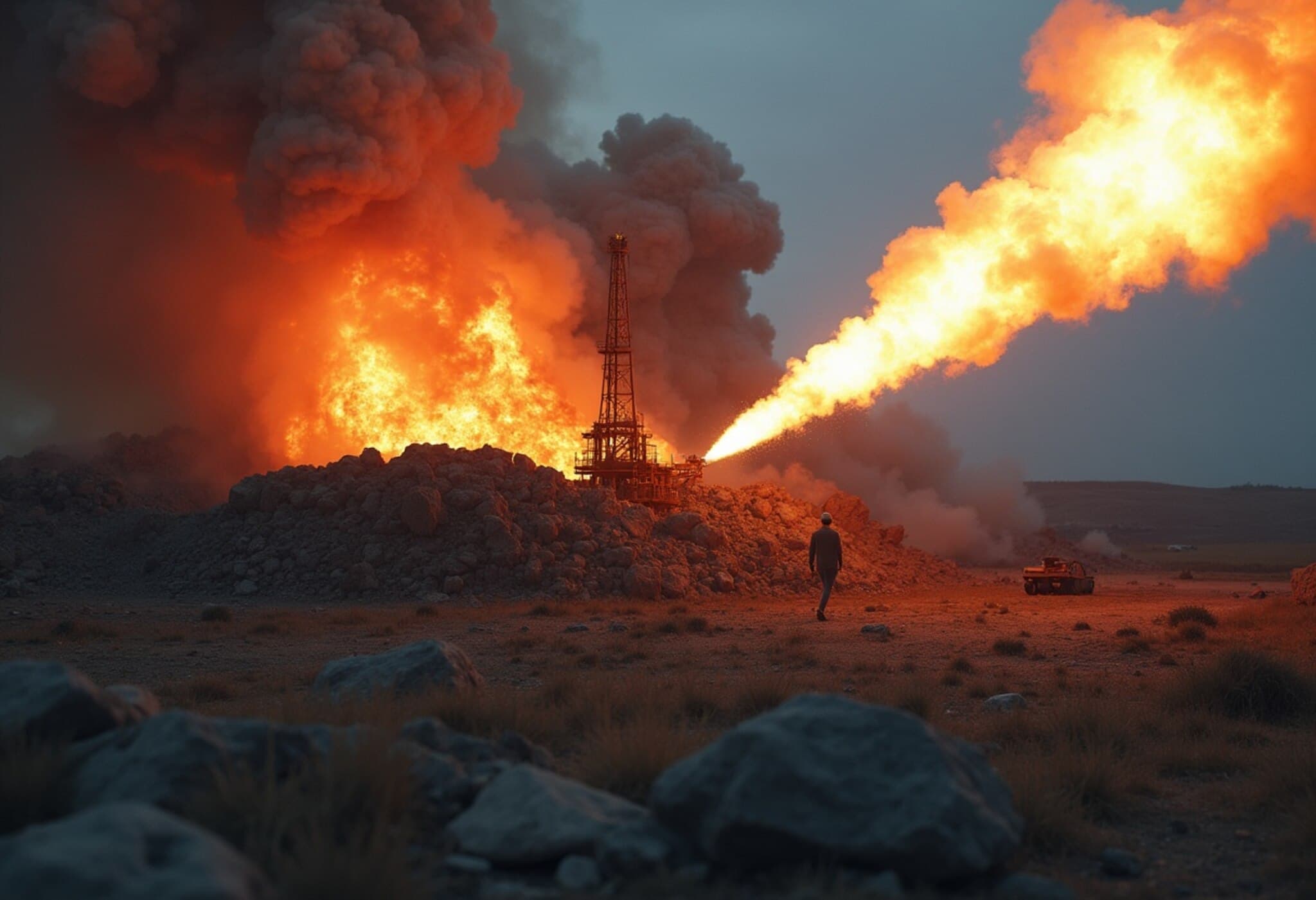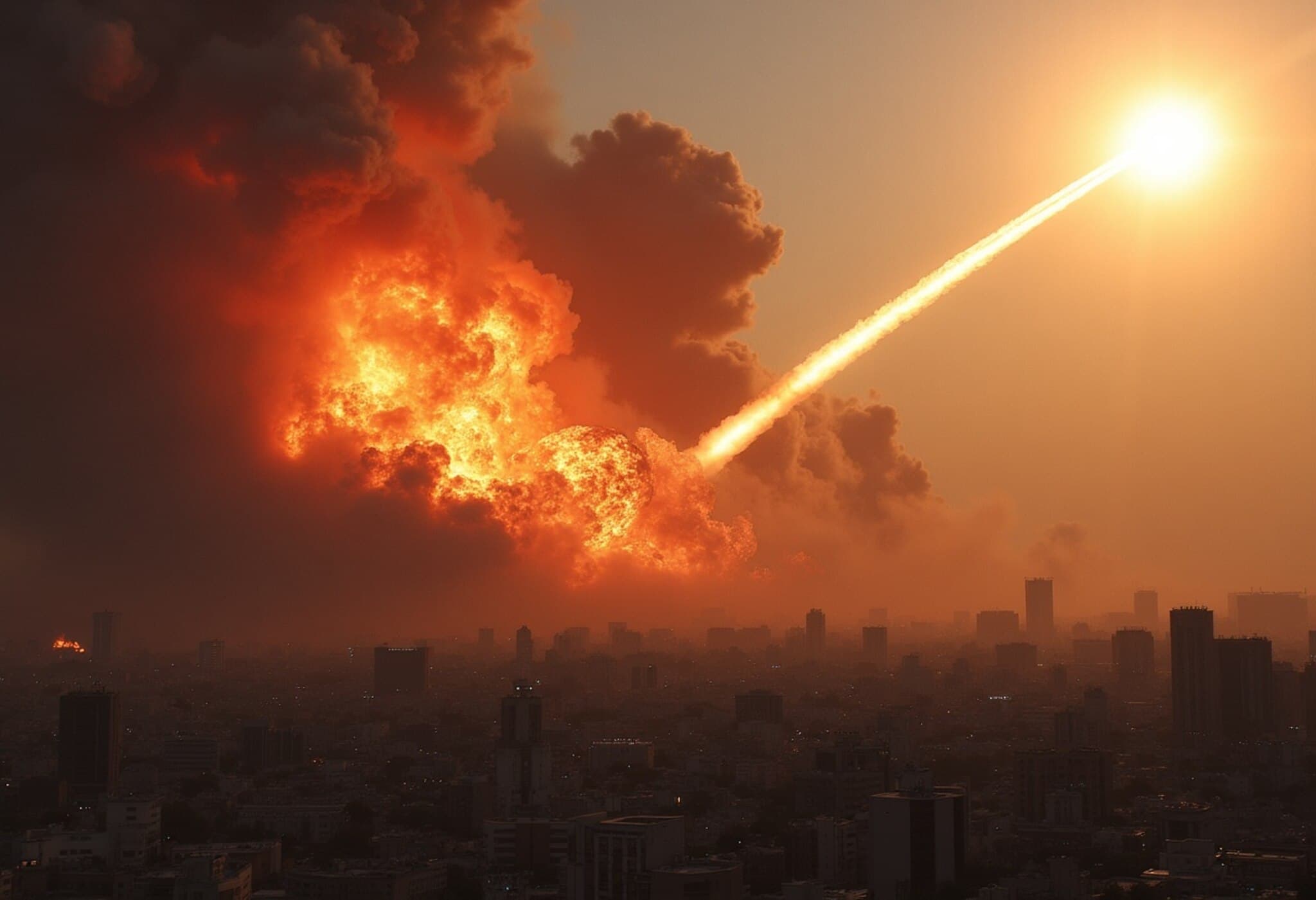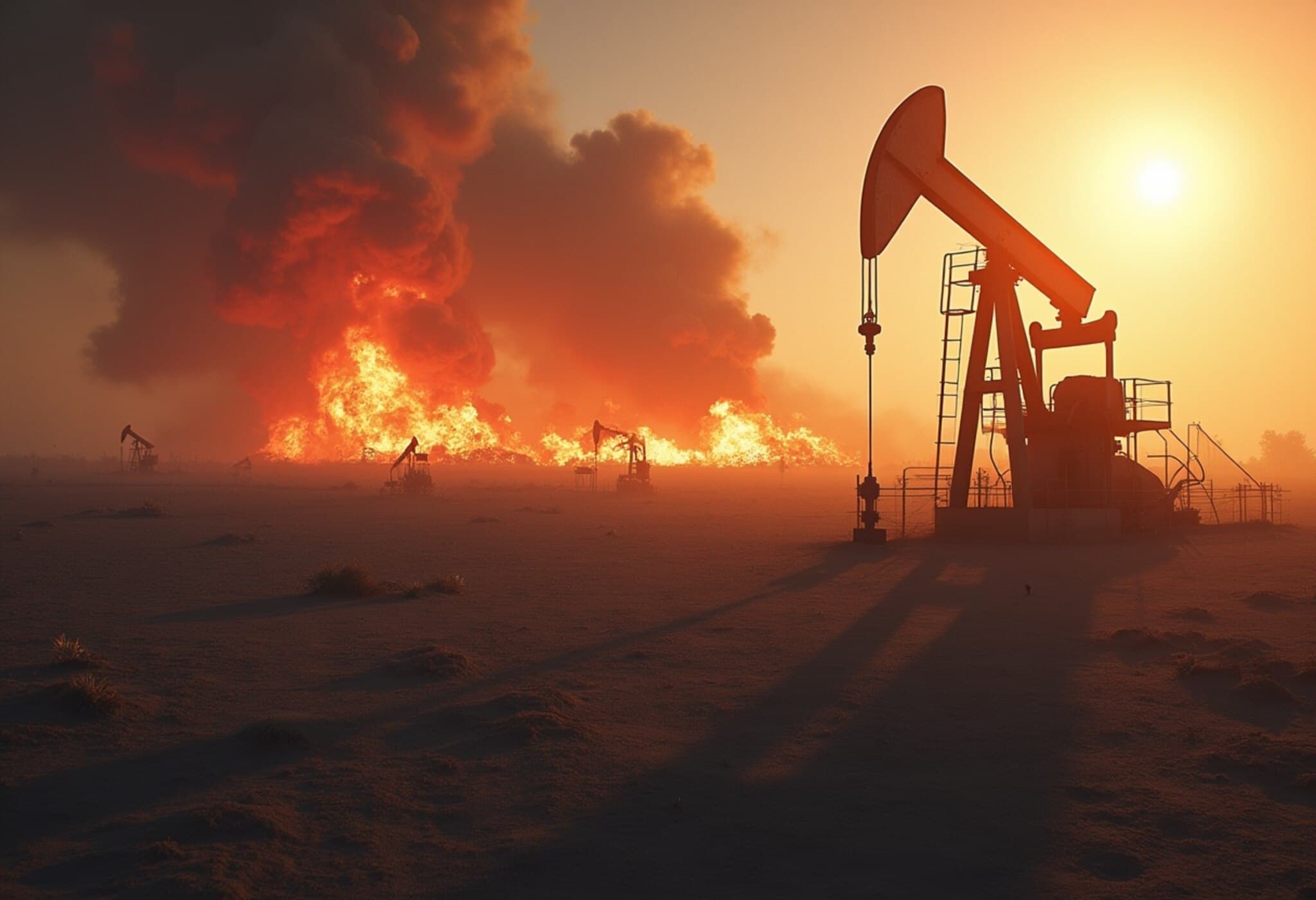Oil Markets Rally Amid Heightened Middle East Tensions
Oil prices jumped roughly 3% on Thursday following a sharp escalation in conflict between Israel and Iran. The upward pressure on crude comes as Israel’s Prime Minister directed military forces to intensify strikes on critical Iranian targets, sparking fresh concerns over regional stability and potential disruptions to global oil supply.
Israel Targets Iran’s Strategic and Governmental Sites
Israel’s Defense Minister announced a concerted effort to target both strategic installations across Iran and government facilities in Tehran. The military actions aim to significantly weaken the ruling regime, signaling a new phase of military escalation after recent missile attacks by Iran on Israeli territory.
According to official statements, the goal is to undermine the influence of Iran’s leadership, with blunt warnings issued against Supreme Leader Ayatollah Ali Khamenei. Israel’s military has reportedly been ordered to take decisive steps against the regime’s core, underscoring the heightened stakes in this conflict.
Market Reaction: Prices Climb to Seven-Month Highs
The global oil benchmarks reflected this turmoil swiftly. West Texas Intermediate crude rose by 2.8% to settle at $78.85 per barrel, marking its highest closing price since late January. Brent crude surged over 3% during intraday trading, reaching as high as $77.58 per barrel.
Such price movements illustrate investor jitters about possible wider U.S. engagement in the region and potential supply constraints from a major OPEC member. Iran’s pivotal role as a top oil producer means any disruption could ripple through the oil markets.
Uncertain U.S. Response Clouds Outlook
The current U.S. administration has taken a guarded stance toward escalating the conflict. While discussions about military options persist, no definitive decision on striking Iran has been announced. The president hinted at the possibility of action within the coming weeks, but left certainty deliberately vague, adding to market unease.
Analysts Warn of Prolonged Price Volatility
Financial institutions caution that a regime change or prolonged instability in Iran could lead to sustained increases in oil prices. Experts highlight the challenge of rapidly compensating for supply losses from a key oil-exporting nation, projecting that prices may remain elevated if the situation deteriorates further.
Given Iran’s integral position in the global energy ecosystem, any extended disruption is likely to pressure markets for months to come.
What This Means Going Forward
- Investors remain highly sensitive to geopolitical developments in the Middle East.
- Potential additional military engagements could further tighten the oil supply balance.
- Market watchers will closely monitor diplomatic signals and possible new sanctions or responses.
As the situation evolves rapidly, the oil market is poised for continued volatility driven by unfolding geopolitical risks.

